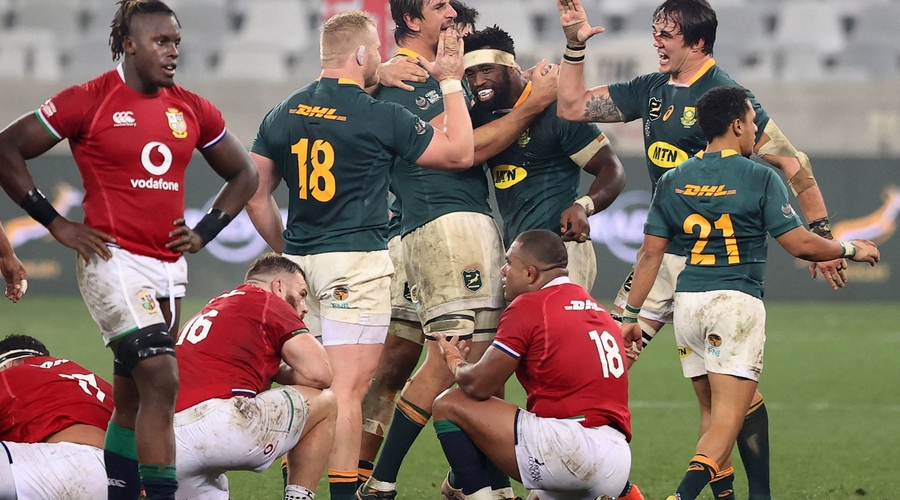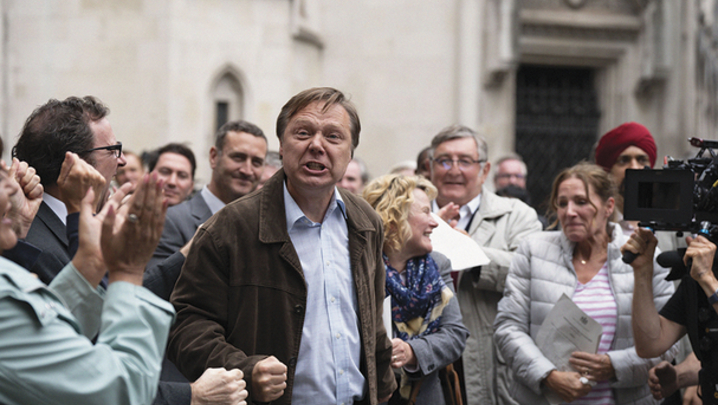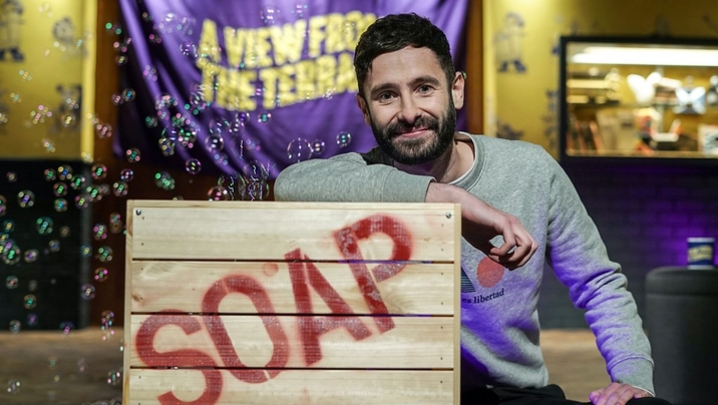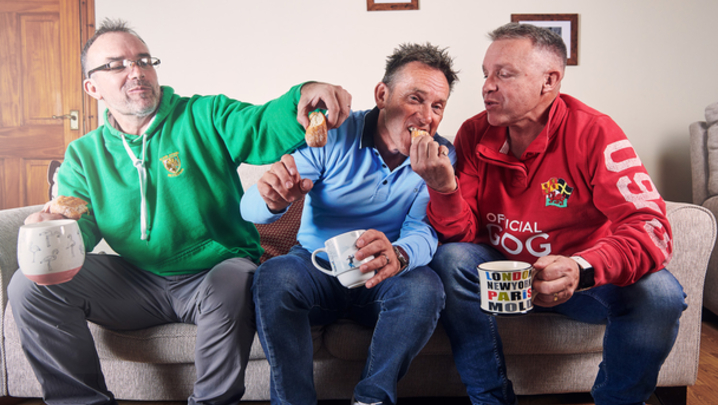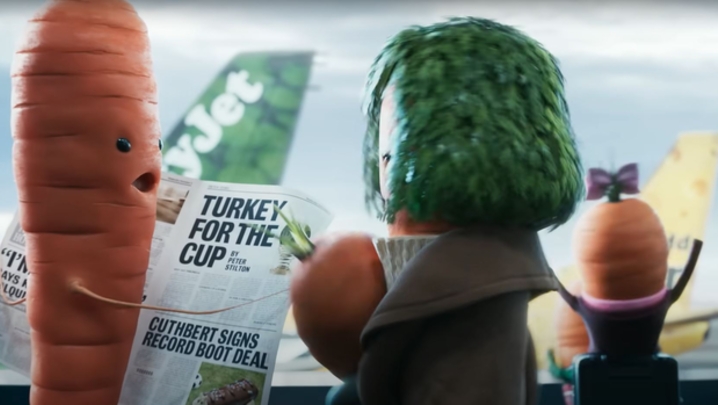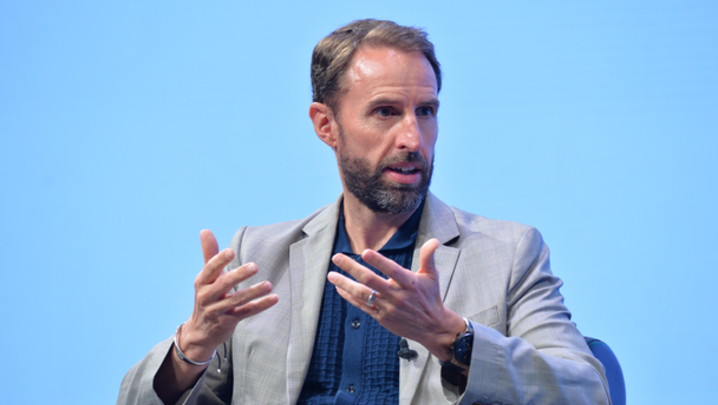Access-all-areas sports docs are all the rage. Joe Towns hears what film-makers and execs are up to in Wales
Trust – how to earn it and how to keep it – was the key word during two panel discussions at an RTS Cymru Wales event on sports documentaries in Cardiff last month. Streamers offer big budgets for sports docs – but only commission if you can guarantee the access. And to get that access, you need trust.
Audiences are lapping up these shows: All or Nothing on Amazon Prime, Welcome to Wrexham on Disney+, Drive to Survive on Netflix, all taking cameras inside the changing room, mic’ing up coaches, following athletes away from the sports arena, being there for the tears, the tantrums, the blood, sweat and glory.
This year already, we’ve seen Netflix releases Break Point and Full Swing taking viewers inside pro tennis and golf. Recent data has shown that docs can attract new, younger audiences to a sport, so now there’s a commercially driven buy-in from pro sports when it comes to allowing crews inside the inner sanctum.
At the Tramshed Tech building, a drop kick away from the Principality Stadium, more than 80 of the city’s creative, long-form film-makers, directors, producers and commissioners gathered to discuss the genre.
More than 20 sports docs were made in Wales last year, so the appetite is there.
BBC Wales factual commissioner Julian Carey described the things he was looking for and urged producers to “think big”, adding that all he wanted was “a top-line email to get a conversation started”.
New S4C head of unscripted Iwan England discussed the season of programmes created around last year’s football World Cup. “We no longer commission just for linear schedules,” he said, keen to reinforce the idea that S4C is a now a digital content platform as much as a traditional TV channel.
Carys Owens, MD of Whisper Cymru (the Cardiff base of the company founded by broadcaster Jake Humphrey, Sunil Patel and ex-Formula One driver David Coulthard), executive produced the recent ITV British Lions documentary, Two Sides.
“It was a complex process,” she recalled. “It was during Covid, it was a co-production, and there were several brands and stakeholders involved. And we were in [both the Springboks and Lions’] camps.
“There was a lot of trust and partnership needed, and we didn’t want to shaft the players who had given us so much but we also didn’t want to sanitise the product.”
The second panel of the evening focused on programme-making, with editor Rahim Mastafa (Ruck Stars, BBC Three); presenter Nathan Blake (Clive Sullivan: Rugby League Legend, BBC One); director Joseff Morgan (Race To Be Me, ITV Wales); and producer Ceri Barnett (Together Stronger, BBC One).
“The commissioners have bought the programme,” said Barnett. “They know their audience, their channel, their slot. It’s important to remember it’s their programme, not yours. So you need to seek their approval on all the big decisions – that honesty and dialogue is key.”
Morgan’s doc tells the story of elite Welsh trans cyclist Emily Bridges as she fought for the right to represent her country in a female cycling category at the Commonwealth Games.
In keeping with the theme of trust, Morgan said the doc was a chance to tell Bridges’ “deeply personal story…. Before we started filming, I spent time with her family to build that trust – we wanted the film to have compassion, to take you on her journey and see the obstacles she is facing.”
The message to the young film-makers in the room was: if you want to make a behind-the-scenes sports documentary, start building the relationships now.
‘Sports documentary’, a partnership between RTS Cymru Wales, Whisper Cymru, Tramshed Tech and Cardiff Met Sport TV, was held on 7 February. The host was Joe Towns.

